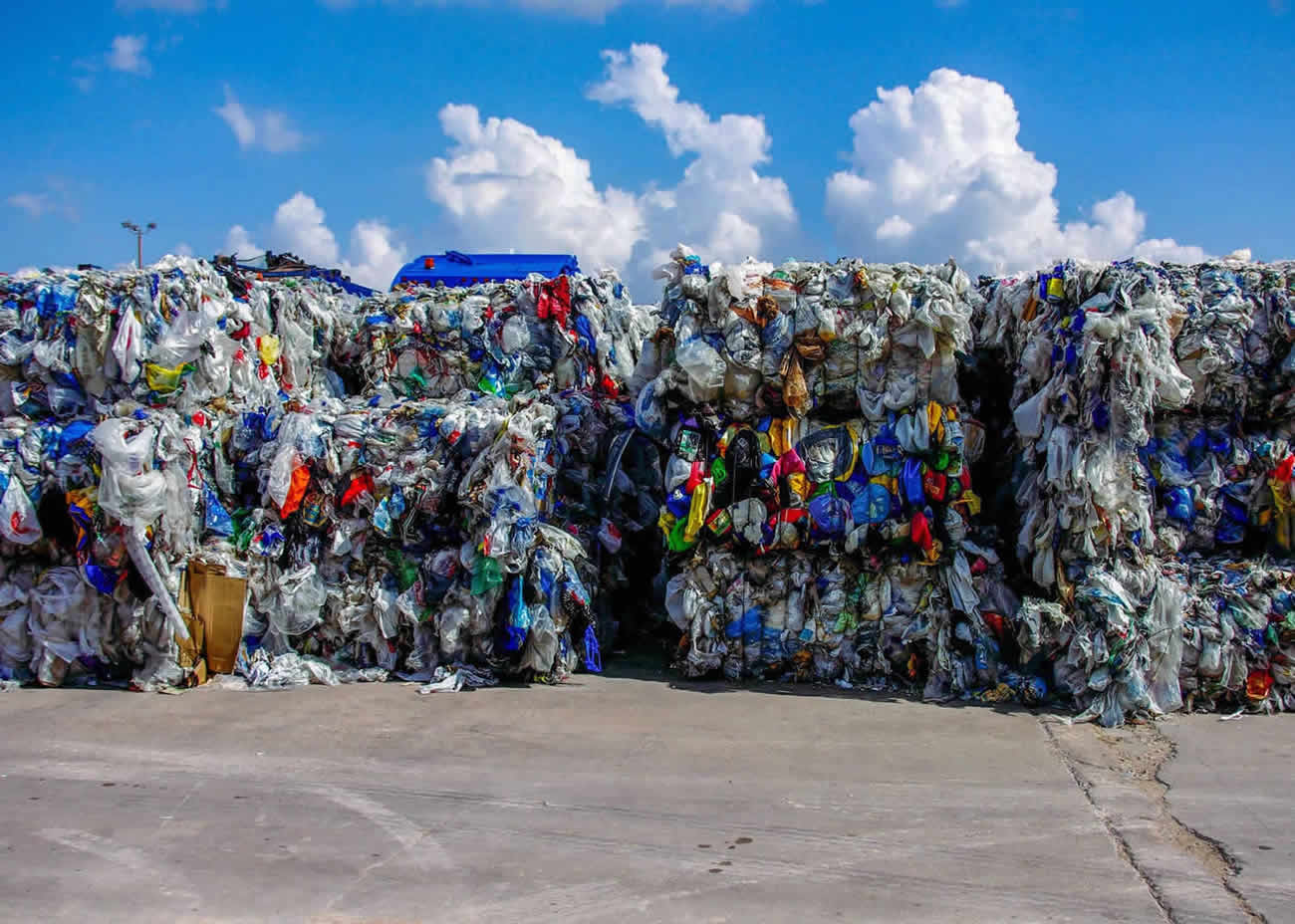A Practical Approach to Recycling

1. What do you hope to accomplish?
You established you want to divert waste from going to the landfill, but how will you measure success? Because there are no universal standards for defining Zero Waste to Landfill, things like diversion rates will vary by company. For instance, some companies may consider achieving a 90% diversion rate as reaching Zero Waste. Similarly, some companies may allow a percentage of waste to be diverted via waste-to-energy facilities. It is important when setting objectives to define what metrics you will use, how you will collect accurate data, and what your Key Performance Indicators will be.
2. What resources can you allocate for waste management planning and administration?
By resources, we mean things like time, space, money, and experience. For instance, are there experienced employees responsible for planning and facilitating your program, or do you need supplemental external resources? Do you have dock space for multiple stationary trailers or do you need alternate methods for storing and shipping materials? Is it cost effective to purchase or rent tools, like compactors or balers, which might increase efficiency or cut down on transportation costs for your program? Once you outline your available resources, you can identify any gaps you should fill.
3. What commodities contribute to your waste stream?
When considering what types of commodities your waste stream will produce, think about your collection method as well as what (if any) contaminants might exists. For instance, some commodities, like plastic film, may be very valuable if free from contamination and collected separately. However, it is very difficult to find markets for such commodities if they are either dirty or have been mixed with other recyclables. In order to determine the most practical collection and sorting method for your waste, you should weigh the potential value you might receive for the separated commodities against the cost of labor and other resources required for separating these materials. Another thing to consider when evaluating your waste stream is whether or not you can leverage valuable materials to find solutions for harder to recycle items. For instance, if you allocate resources to sort out particularly valuable commodities, can you use the revenue generated from these materials to offset diversion costs for more difficult commodities?
4. What challenges will affect your success?
By identifying potential challenges ahead of time, you can plan solutions to avoid these obstacles. For instance, if your company has multiple locations, consider what custom solutions each site will require to achieve a successful diversion rate at that location. Similarly, you might consider things like how you will insure quality control and organizational buy-in. Since the quality of your waste stream affects its value or cost, it is important to insure your collection and sorting processes maintain consistency.
To learn more about developing a zero waste-to-landfill program, Noah Goodman for NAEM's webinar on June 16 from 1:00 -2:00 p.m. (EST).
Topics:
Sustainability
Related
About the Author
Noah Goodman
Noah Goodman is President and co-owner of Northstar Recycling, a company founded on his belief that sending reusable resources to a landfill is not only bad for the environment, it is bad for business. He uses his extensive recycling experience and knowledge to help businesses across North America recycle more and landfill less as a national provider of customized recycling solutions.
